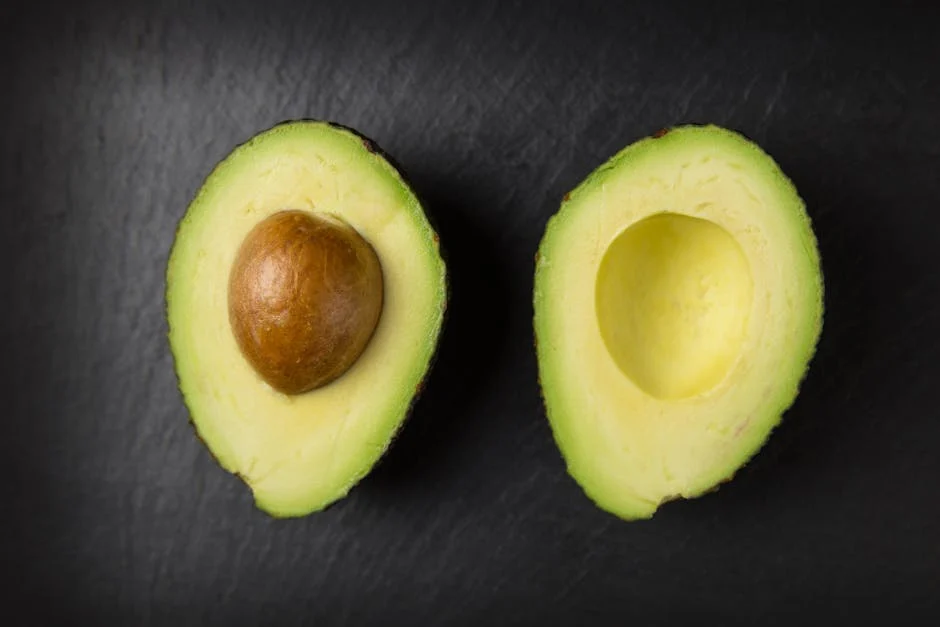Introduction
The Paleo diet, often referred to as the “caveman diet,” “Stone Age diet,” or “hunter-gatherer diet,” has gained considerable popularity in recent years. It’s based on the premise of eating foods that our Paleolithic ancestors supposedly consumed before the advent of agriculture. But what does science actually say about the health claims associated with this dietary approach? This article delves into the scientific evidence surrounding the Paleo diet, examining its potential benefits and drawbacks.
The Science Behind the Paleo Diet
What the Paleo Diet Entails
The Paleo diet typically includes:
- Lean meats, poultry, and fish
- Fruits and vegetables
- Eggs
- Nuts and seeds
- Healthy fats (e.g., avocado oil, olive oil, coconut oil)
It typically excludes:
- Grains (wheat, oats, rice, etc.)
- Legumes (beans, lentils, peanuts)
- Dairy products
- Processed foods
- Refined sugars
- Vegetable oils (e.g., corn oil, soybean oil)
Potential Health Benefits: A Scientific Look
Several studies have investigated the potential health effects of the Paleo diet.
Weight Loss and Body Composition
- Some research suggests the Paleo diet can lead to weight loss and improved body composition. This may be due to the high protein and fiber content, which can promote satiety and reduce calorie intake. A study published in the American Journal of Clinical Nutrition found that a Paleo diet resulted in greater weight loss and improvements in metabolic health compared to a traditional diabetes diet.
Improved Blood Sugar Control
- The Paleo diet’s exclusion of refined carbohydrates and sugars may contribute to better blood sugar control. This is particularly beneficial for individuals with type 2 diabetes or insulin resistance. Studies have shown improvements in HbA1c levels (a measure of long-term blood sugar control) in individuals following a Paleo diet.
Reduced Risk Factors for Heart Disease
- Some evidence indicates that the Paleo diet can improve cardiovascular health markers, such as cholesterol levels and blood pressure. A study published in the European Journal of Clinical Nutrition showed that a Paleo diet led to improvements in total cholesterol, LDL cholesterol (bad cholesterol), and triglycerides.
Potential Drawbacks and Considerations
While the Paleo diet offers potential benefits, it’s important to consider its potential drawbacks:
Nutrient Deficiencies
- Excluding entire food groups like grains and legumes can potentially lead to nutrient deficiencies, such as calcium, vitamin D, and certain B vitamins. Careful planning and supplementation may be necessary to address these concerns.
Sustainability and Cost
- Sourcing high-quality, lean meats and organic produce can be expensive and may not be sustainable for everyone. The focus on animal products can also raise environmental concerns.
Long-Term Adherence
- The restrictive nature of the Paleo diet can make it challenging to maintain long-term. Some people may find it difficult to adhere to the dietary restrictions, especially in social situations.
Variability in Interpretation
- The Paleo diet isn’t a rigid set of rules, and different interpretations exist. Some versions may be more restrictive than others, which can impact the overall healthfulness of the diet.
Limited Long-Term Studies
- Most studies on the Paleo diet are relatively short-term. More long-term research is needed to fully understand its effects on overall health and disease risk over an extended period.
Conclusion
The Paleo diet offers potential benefits for weight loss, blood sugar control, and cardiovascular health, according to some scientific research. However, it’s important to be aware of the potential drawbacks, such as nutrient deficiencies, sustainability issues, and challenges with long-term adherence. If you’re considering trying the Paleo diet, it’s advisable to consult with a registered dietitian or healthcare professional to ensure it’s appropriate for your individual needs and health status. They can help you create a balanced and sustainable Paleo meal plan that addresses any potential nutrient gaps and aligns with your overall health goals.
